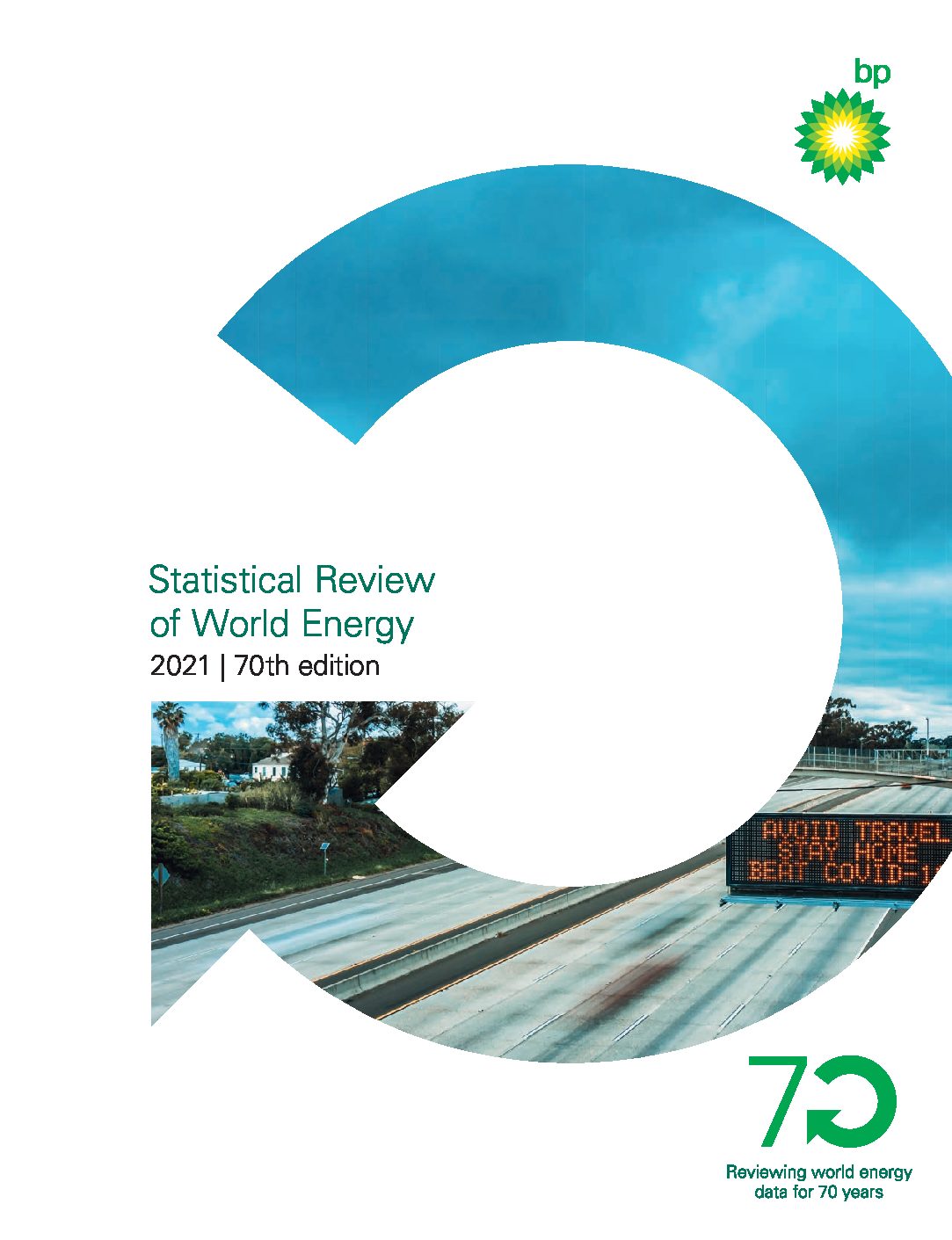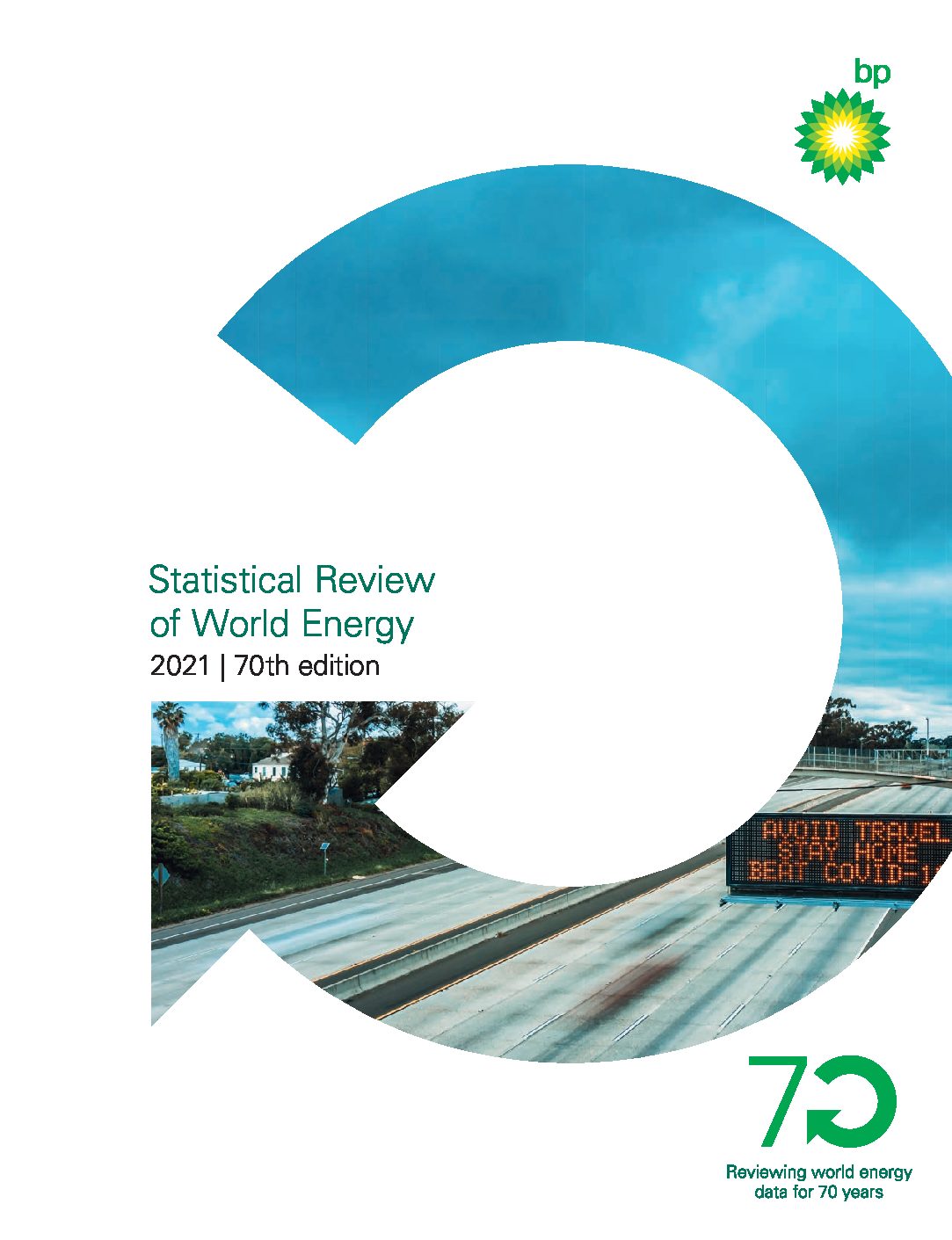
Since the Paris Conference of Parties (COP21) in 2015 there has been a huge increase in countries’ ambitions to decarbonize. Around 70% of the world’s carbon emissions are now covered by net zero targets and pledges. But this rising ambition has yet to be translated into a decisive reduction in emissions. The next big staging post for that challenge will occur later this year in Glasgow, Scotland which will host COP26 – arguably the most important UN climate change conference since the Paris meeting. I hope that, in years to come, we all talk about the Glasgow Agreement with the same importance and reverence as we do the Paris goals.
I sincerely believe that companies like bp with net zero ambitions, coherent plans, and near, medium, and long-term aims – companies that are committed to ‘greening’ – have a hugely significant part to play in achieving the Paris goals. Yes, the world needs more low carbon companies. But maybe more than anything, it also needs existing energy companies to decarbonize and in so doing use their scale and expertise to help bring about the deep and complex rewiring and replumbing of the global energy system that the world wants and needs to see over the next 30 years.
It will take producers and consumers, as well as companies, governments, and society, all working together to bring about the necessary change.
100th anniversary of the Statistical Review
In 30 years, the Statistical Review will celebrate its 100th anniversary reporting and analyzing energy developments in 2050, a year which has become the focal point for so many net zero ambitions and aims. What events and developments will our successors be able to look back on in 30 years’ time? Did the world respond quickly and decisively enough to reduce the impacts of climate change?
We at bp are committed to playing our role. And I hope this year’s Statistical Review will be useful to everyone pursuing a similar transition. The Review would not be possible without the continuing co-operation and transparency of governments and statistical agencies around the world who each year contribute their official data, and the bp team who make it so accessible and useful. You have my heartfelt thanks. And as ever, Spencer Dale and the team welcome any feedback you might have.
